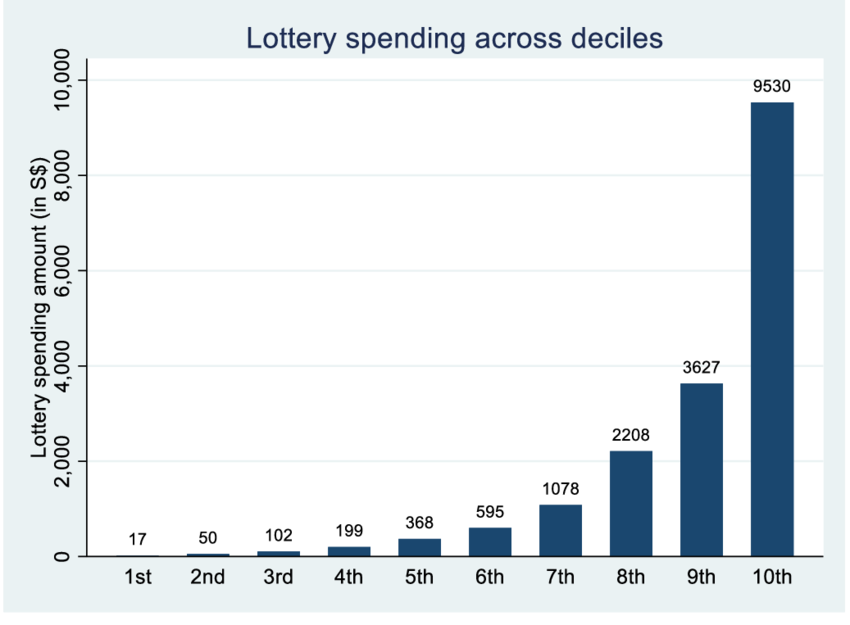Lotteries have long been a popular form of entertainment and chance, offering individuals the prospect of life-changing prizes. In recent years, the concept of “mass lotteries” has gained traction, wherein large-scale lotteries are designed to accommodate massive participation from diverse groups. These lotteries aim to generate substantial revenue, provide significant prizes, and support various causes. This article explores the concept of mass lotteries, their impact on society, and the opportunities they present.
Understanding Mass Lotteries
Mass lotteries are characterized by their scale and scope, often involving millions of participants across wide geographical areas. Unlike traditional lotteries that may be limited to specific regions or smaller groups, mass lotteries leverage advanced technology and extensive marketing to reach a global audience. They are typically organized by national governments or large organizations and can offer multi-million-dollar jackpots and other substantial prizes.
Key Features of Mass Lotteries:
1. Large-Scale Participation: Mass lotteries are designed to attract a vast number of participants. The larger the pool of participants, the higher the ticket sales and the more substantial the prizes. This widespread participation is often facilitated by digital platforms, which allow people from different regions to buy tickets easily.
2. Significant Prizes: The appeal of mass lotteries lies in the life-changing prizes they offer. Jackpot amounts in these lotteries can reach hundreds of millions of dollars, generating significant media attention and public interest.
3. Revenue Generation: A significant portion of the revenue generated by mass lotteries is typically allocated to various causes, including education, public health, and social welfare programs. This philanthropic aspect enhances the appeal of participating in such lotteries, as individuals contribute to societal benefits while pursuing their chance to win.
4. Global Reach: Many mass lotteries operate on an international scale, allowing people from different countries to participate. This global reach increases the potential jackpot amounts and generates a broader base of participants.
The Impact of Mass Lotteries
Mass lotteries have a multifaceted impact on society, encompassing economic, social, and charitable dimensions:
1. Economic Impact: The revenue generated by mass lotteries can have significant economic benefits. It often funds public projects, infrastructure development, and community programs. For example, funds from lotteries may support educational scholarships, research initiatives, and public health campaigns.
2. Social Impact: The excitement and anticipation surrounding mass lotteries create a sense of community and shared experience. Participants often come together to discuss their dreams and aspirations, fostering a collective sense of hope and engagement.
3. Charitable Contributions: Many mass lotteries are designed to support charitable causes. A portion of the proceeds is allocated to nonprofits and social programs, enhancing their ability to address various societal issues. This philanthropic aspect adds a layer of purpose to the act of participating in a lottery.
4. Public Awareness: Mass lotteries can raise awareness about important issues and initiatives. Through marketing campaigns and partnerships with charitable organizations, they can highlight causes that may otherwise receive limited attention.
Opportunities and Considerations
Opportunities:
1. Increased Participation: The global reach and accessibility of mass lotteries offer opportunities for greater public engagement. Digital platforms and mobile apps make it easier for people to participate, expanding the lottery’s audience.
2. Support for Good Causes: By participating in mass lotteries, individuals contribute to valuable social and charitable programs. This aspect enhances the positive impact of the lottery and provides a sense of purpose beyond the potential for financial gain.
Considerations:
1. Gambling Risks: The allure of large jackpots can lead to increased gambling behavior, which may have negative consequences for some individuals. It is essential for lottery organizations to promote responsible gambling practices and provide resources for those who may need assistance.
2. Equity and Accessibility: Ensuring that mass lotteries are accessible to diverse populations is crucial. Efforts should be made to address any barriers that may prevent certain groups from participating and to promote fairness in the lottery system.
Conclusion
Mass lotteries represent a dynamic and evolving aspect of modern gaming and philanthropy. By combining the thrill of substantial prizes with the opportunity to support charitable causes, these lotteries offer both excitement and social benefit. As technology continues to advance and global participation grows, mass lotteries have the potential to make a significant impact on society while providing individuals with the chance to dream big and contribute to meaningful causes. Balancing the excitement of the lottery with responsible practices and equitable access will be key to maximizing its benefits and ensuring a positive outcome for all involved.
